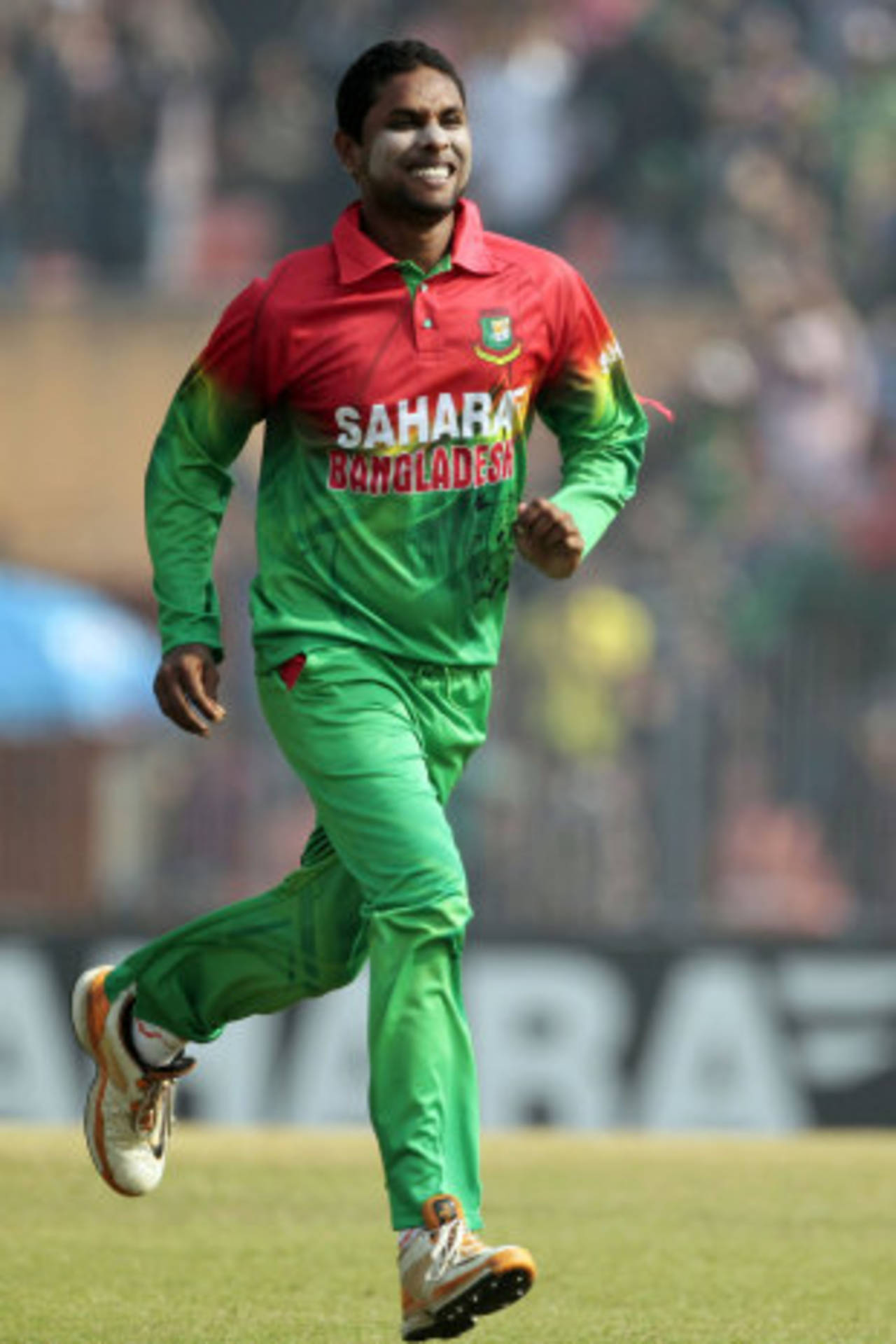It doesn't take too much time to understand what to expect in Khulna. The city hardly makes any noise and there's less pollution; the menace of the Royal Bengal tiger, which is so close by in the Sundarbans further down the southern edges of the country, seems quite separated from Bangladesh's south-western destination, which goes at its own pace. It is definitely not Dhaka or Chittagong, but Khulna has its own dignified place in Bangladesh society, culture and now, sports.
Northwards too, particularly from Dhaka, Khulna is kept away from the rest of the country by rivers, mainly the Padma on which a bridge has been planned to be built, but construction has been kept hanging for years. That they are 440 kilometres from the heart of the country, Dhaka, doesn't both Khulna's residents. Life here isn't quite modern, but only the most restless would find oneself out of place. There's fun in living in a two-storied house with high roof, and with coconut trees in the front yard and more shade at the back.
It has always been like this in Khulna. The town started developing from the 1960s, when the jute mills and the Mongla port (then known as Chalna port) started growing. Match factories, textile mills, newsprint and hardboard mills also contributed to the city¹s development. The affluence didn't last for too long, however.
Sheikh Didarul Alam, a local journalist and human rights activist, has seen the city's ups and downs and remembers the time when the mills closed down, throwing the city into disorder.
That happened during the 1980s, bringing darkness into the Khalishpur commercial area which used to house all these mills, and was the main source of income. The shipyard was about to shut down when the Navy took over and turned it into a profitable business. Seventy percent of all shrimp production in the country is from the Khulna area, so it has been better in the last 15-20 years, he said.
A regular visitor at the
Sheikh Abu Naser Stadium, Didarul says that education and focus on farming, particularly of shrimp, has breathed new life into the city's economy. Although this is a city corporation, Khulna residents haven't yet experienced modern life.
But it is trying to develop, especially through education. Medical colleges, the engineering university as well as a couple of private universities have come up from the 1990s. 'We are not disappointed with what we have, but are hopeful', he said.
Sports, too, has its place in Khulna, which brought international cricket to this part of the country. There have been trophies won and national players produced, chiefly in the fields of cricket, football, basketball and volleyball. Cricket's popularity has made sports acceptable in the Khulna society, making it a viable career option. Since the late Manzarul Islam Rana, the offspinner Sohag Gazi, who was
born in Khulna, has played for Bangladesh and the divisional side has often done well, this year becoming the first-class champions.
Despite the matches being played here, the relative underdeveloped side of Khulna has also been felt. West Indies and Bangladesh were housed in a hotel for their visit last year, in which the BCB had to invest a lot of money to bring it up to scratch for player comfort, but during the BPL it has been a struggle.
Though it is a stopover for tourists travelling to the Sundarbans, the largest mangrove forest in the world and home to the endangered Royal Bengal Tiger, they hardly stay in this town for too long. Nearby lies the most-used land border to India, from Benapole, while the lack
of an airport is another disadvantage.
For those who stay back, however, there are places to explore and cuisines to taste. These are dishes which are purely Bengali. The variety of fish and prawns on offer, as well as the locals' appetite for well-cooked mutton is reflected in the overbooked restaurants around town.
There's a saying here, 'They have given it all away just to eat'. You will see the restaurants brimming with people, savouring the different cuisines. Different types of prawns and fish are favourites here. Pitha is the popular dessert, sold in the streets but made better at home, Didarul said.
For good food, a quieter life and the thrill of the Sundarbans, Khulna makes for a place that has the incentives people would be looking for, yet tucked away from the daily grind of the rest of Bangladesh. Perhaps for its own good.
Mohammad Isam is ESPNcricinfo's Bangladesh correspondent
